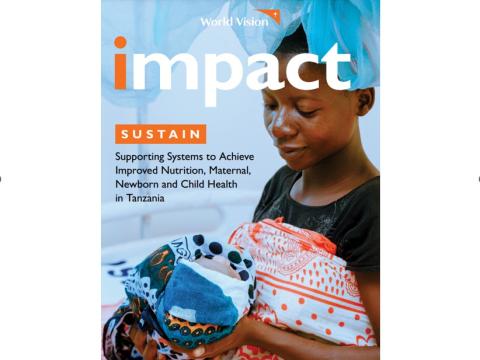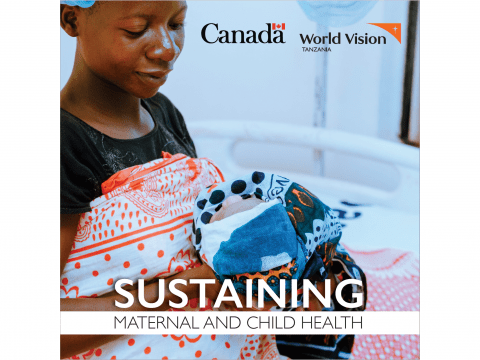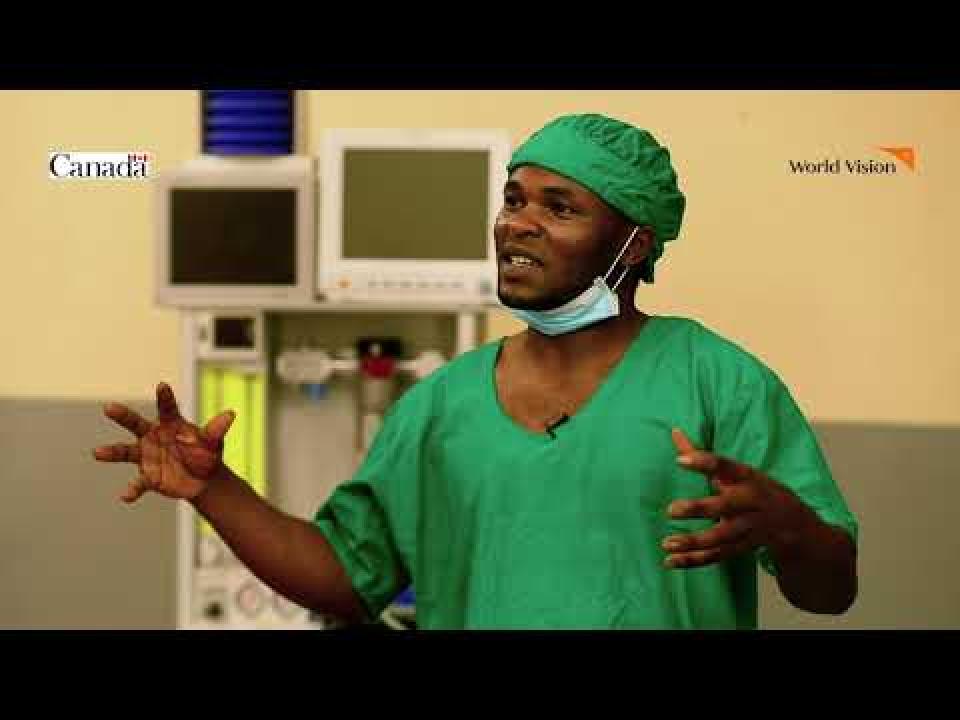SUSTAIN Impact Report
Download
Supporting Systems to Achieve Improved Maternal, Newborn and Child Health (SUSTAIN), was a Global Affairs Canada-funded grant, implemented by World Vision in the Kigoma region of Tanzania from 2016 to 2020. Focused on reproductive, maternal, newborn, child and adolescent health (RMNCAH), SUSTAIN worked to improve the delivery of quality, gender-responsive RMNCAH services (“supply”) and increase the utilization of RMNCAH services by women and their families (“demand”), with a focus on enhancing gender equality. Major successes included enhanced gender equality and male participation in RMNCAH, improved health-seeking behaviours across community groups of women, men and youth, increased range of health services provided, and increased capacity of health care workers.
Responding to RMNCAH and gender-specific challenges identified in a 2017 gender analysis, World Vision in Tanzania and Canada partnered with PRAXIS, the Hospital for Sick Kid’s Centre for Global Child Health and the Government of Tanzania. To improve health services, the project trained health care workers to implement essential, gender-responsive, adolescent-friendly and respectful care; upgraded health facilities; and supported mobile outreach to hard-to-reach areas. To increase RMNCAH service use, SUSTAIN engaged social support networks within communities. SUSTAIN formed and trained “MenCare” men’s groups, “Channels of Hope” (CoH) faith leader groups, Community Health Workers (CHWs), peer ASRHR groups, and social accountability “Citizen Voice and Action” (CVA) groups to disseminate RMNCAH and gender equality and health rights information. These networks engaged in joint advocacy and promotion, increasing community knowledge and practice on the right to access RMNCAH services and the need to challenge and change gender norms and harmful practices.
Also check out this SUSTAIN video that highlights key achievements in strengthening and improving maternal health in the Kigoma region.

